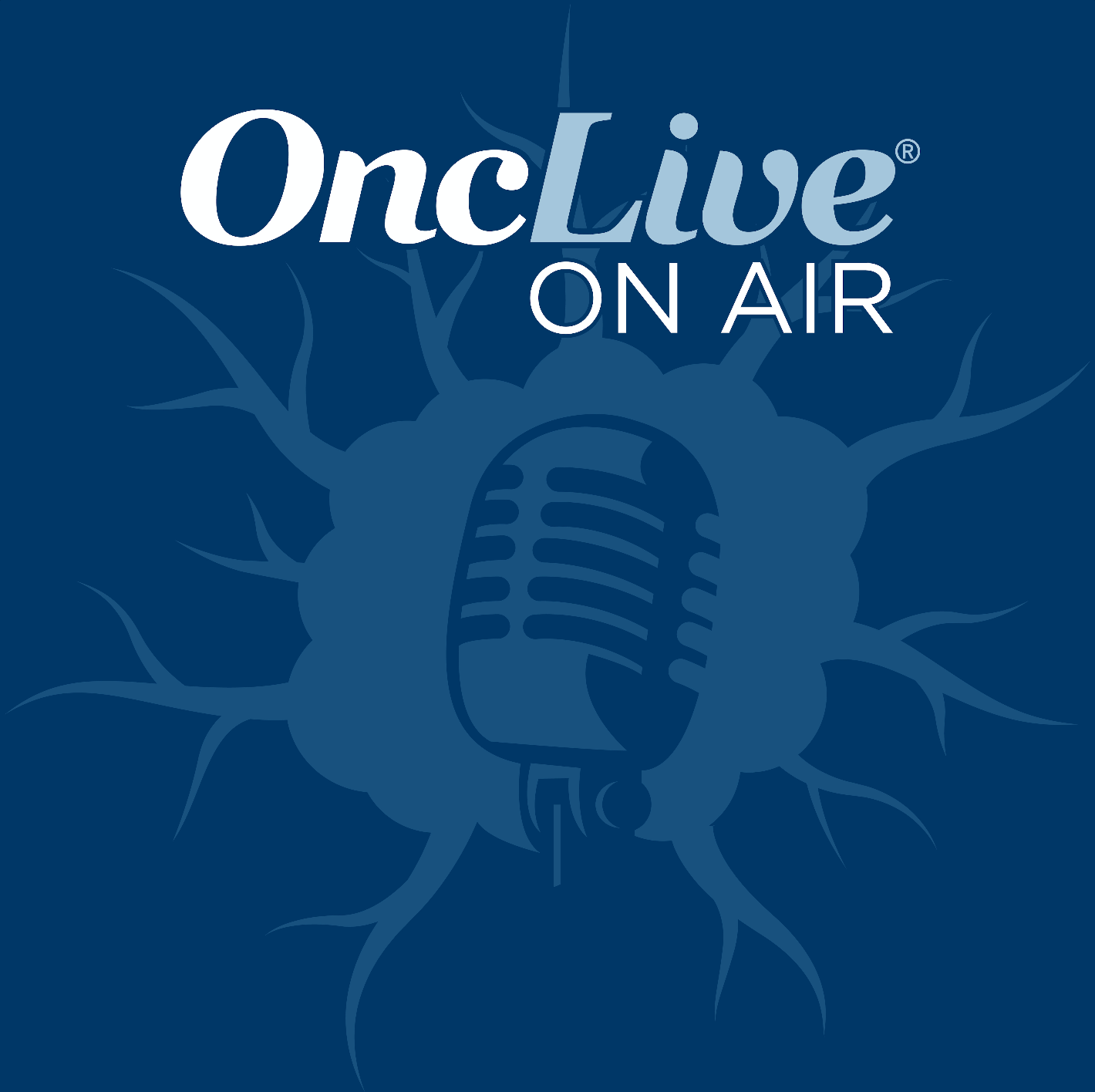Video
Dr. Pegram on Projections of Cost Reductions With Biosimilars
Author(s):
Mark D. Pegram, MD, Susy Yuan-Huey Hung Professor, co-director, Stanford’s Molecular Therapeutics Program, director, Breast Cancer Oncology Program, Stanford Women’s Cancer Center, discusses projections of cost reductions with biosimilars.
Mark D. Pegram, MD, Susy Yuan-Huey Hung Professor, co-director, Stanford’s Molecular Therapeutics Program, director, Breast Cancer Oncology Program, Stanford Women’s Cancer Center, discusses projections of cost reductions with biosimilars.
It is extremely expensive to manufacture a biologic drug, notes Pegram. Though biosimilars carry the potential to reduce the price of these agents, they will not be able to reduce their cost by 50%. A more realistic reduction based on current projections would range from 25% to 30%. Nonetheless, 25% or 30% off an extremely expensive drug would manifest in billions of dollars of savings, Pegram says.
This has already played itself out in Europe, Pegram explains, as many of the patents for biologic therapies have expired. For that reason, the United States can base many of their expectations on that of the European Union. In December 2017, MYL-1401O (Ogivri; trastuzumab-dkst) became the first FDA-approved biosimilar for trastuzumab (Herceptin), with indications in HER2-positive breast cancer and metastatic gastric or gastroesophageal junction adenocarcinoma. Several others are under investigation.








